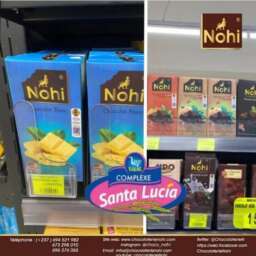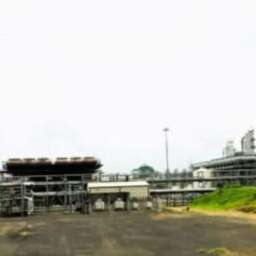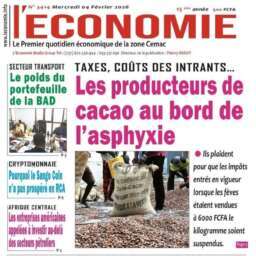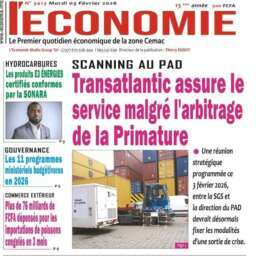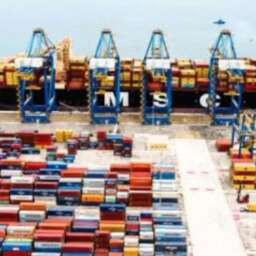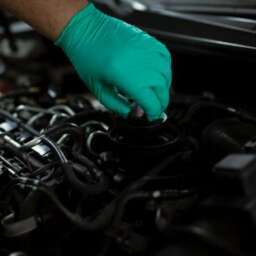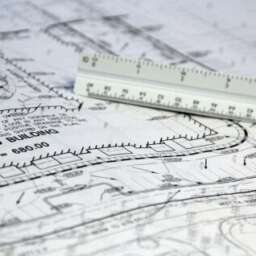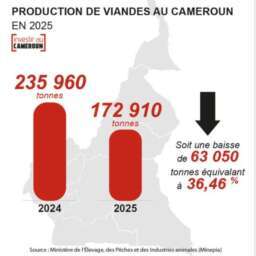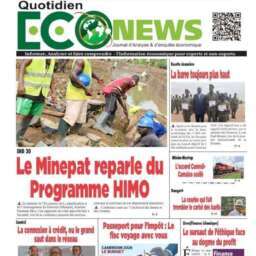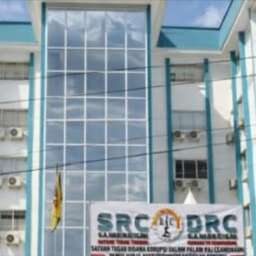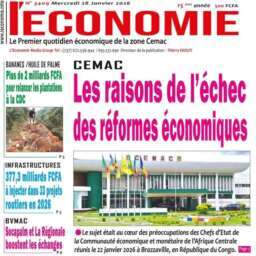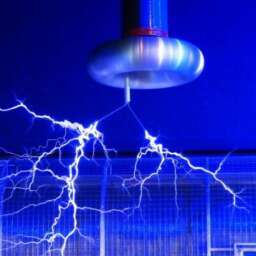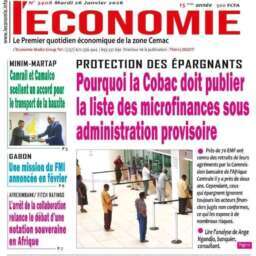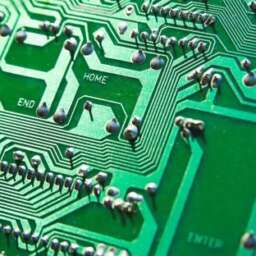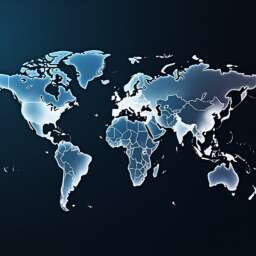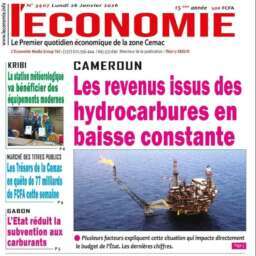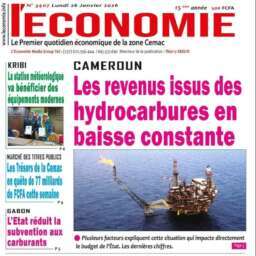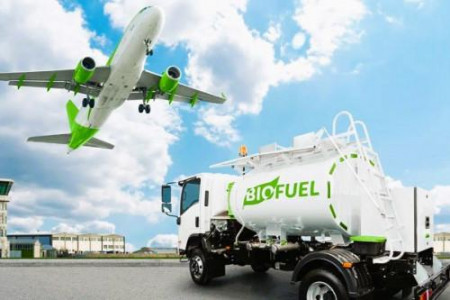(Business in Cameroon) – The Cameroonian government plans to introduce an investment incentive scheme for the biofuel sector in 2026.
By that year, customs exemptions will apply to industrial equipment used to produce biofuels such as green charcoal, pellets, and biogas. The measure is part of the National Energy Compact, a policy framework guiding sustainable energy infrastructure development through 2030.
Through these customs incentives, Cameroon aims to boost the production of alternative energy sources that remain underused in the country. The main goal is to protect the environment by cutting household reliance on firewood and charcoal.
According to the United Nations Development Programme (UNDP), wood and charcoal account for 82.3% and 30.6% of household energy use, respectively. In the drought-stricken Far North, firewood provides 95% of cooking energy, the UNDP said.
The duty-free import scheme is expected to stimulate investment in alternative energy solutions such as biogas, produced from biodegradable waste. Cameroon’s biogas industry remains nascent, led by operators such as Hygiène et Salubrité du Cameroun (Hysacam). Since 2013, the waste collection and treatment company has developed biogas capture stations at its landfills in Douala and Yaoundé.
The new incentives could allow Hysacam to diversify into large-scale biogas production. Startups in the sector, often seeking funding, could also use this opportunity to expand and establish a stable presence in the market.
Pellet producers are also expected to benefit. Pellets, or wood pellets, are small cylindrical fuels made entirely from compressed sawdust and wood shavings. Compagnie Générale des Granulés SA, based near Kribi since 2016, is one of the few pellet producers in Cameroon. Using wood waste from the forestry industry, the company reports an annual output of 500,000 tonnes for industrial and residential clients.
By contrast, green charcoal production remains minimal due to a lack of investment in industrial-scale facilities. The activity is largely driven by startups like Kemit Ecology, which manually processes plant waste collected from markets and households in Douala, the economic capital.
According to the UNDP, green charcoal is a solid fuel made from carbon-rich biodegradable residues from agriculture and households. It usually comes in the form of briquettes or balls, similar to traditional charcoal. In 2023, the UN agency donated a production unit for this biofuel to a women’s association in Maroua, northern Cameroon.
Brice R. Mbodiam



